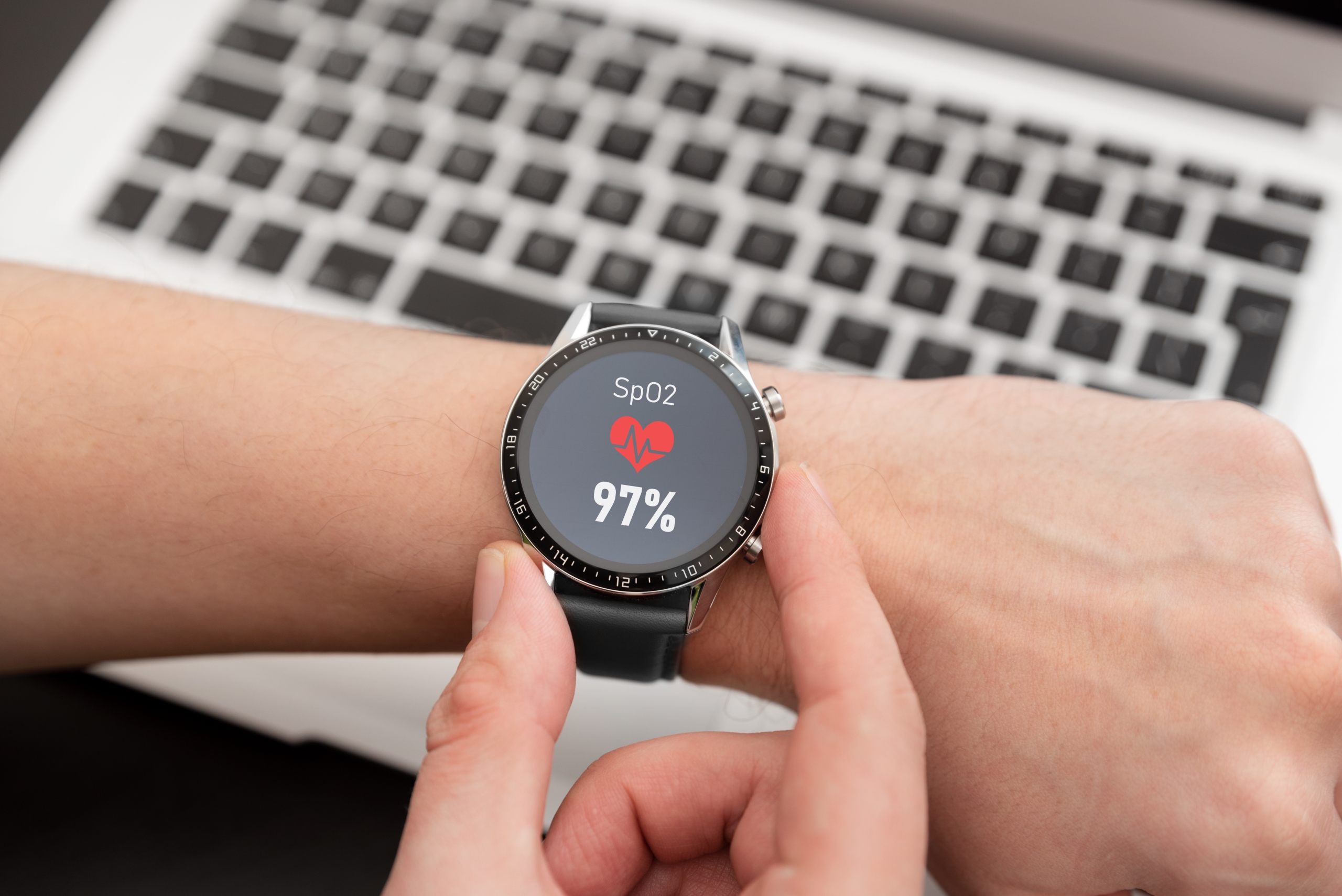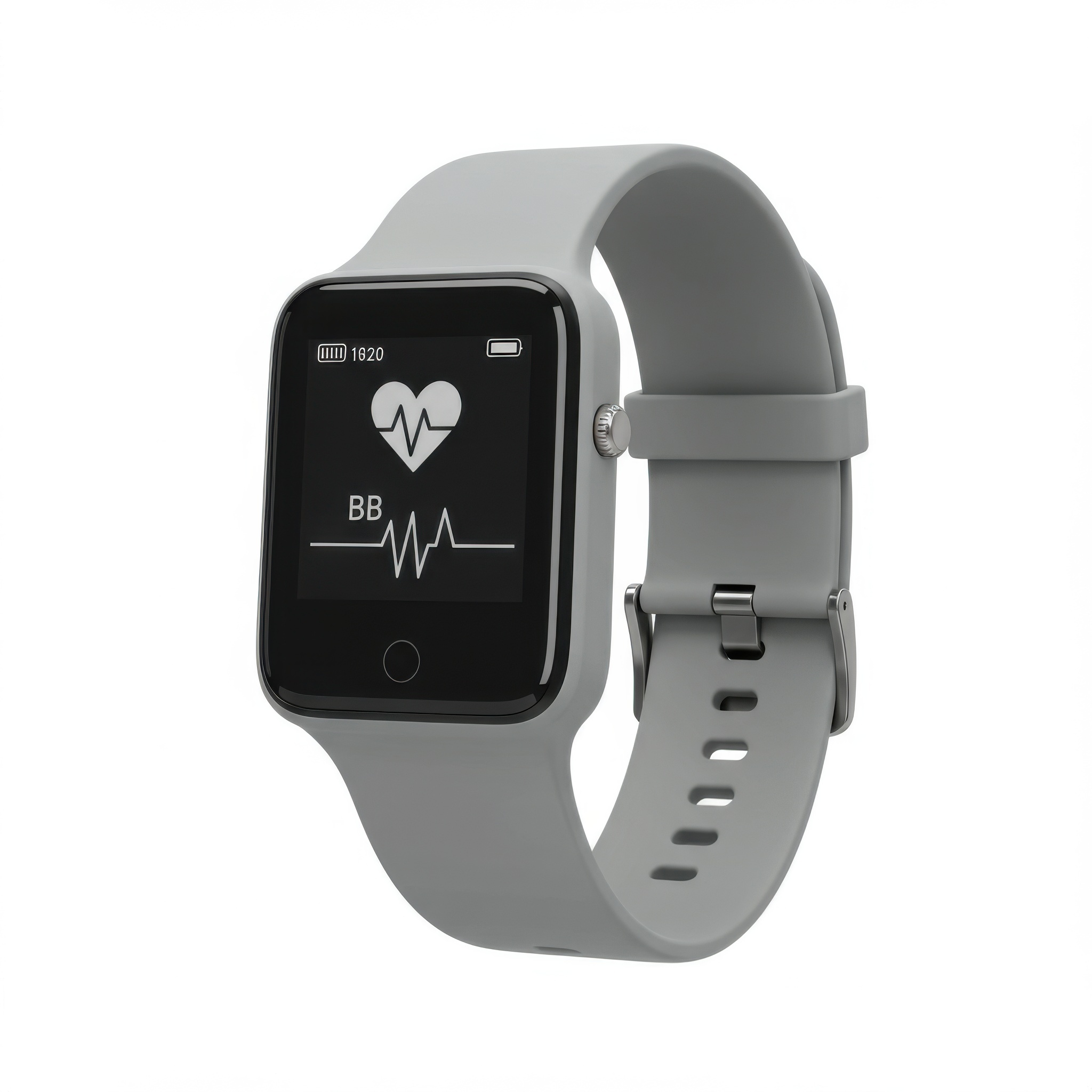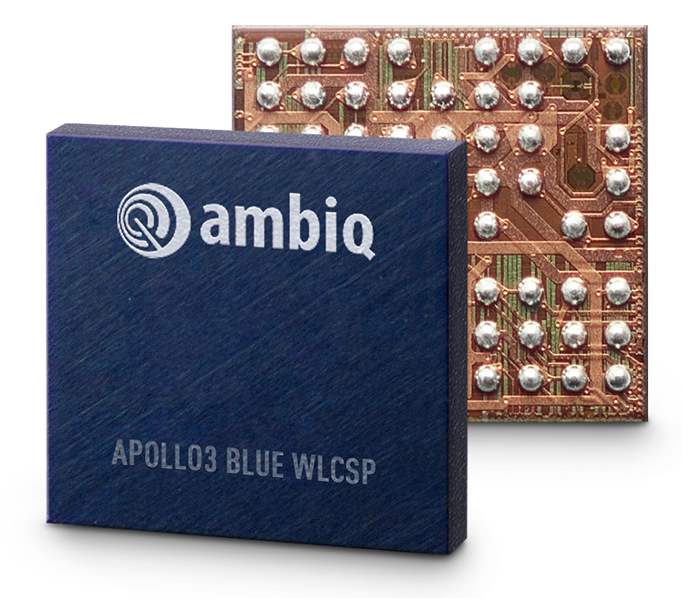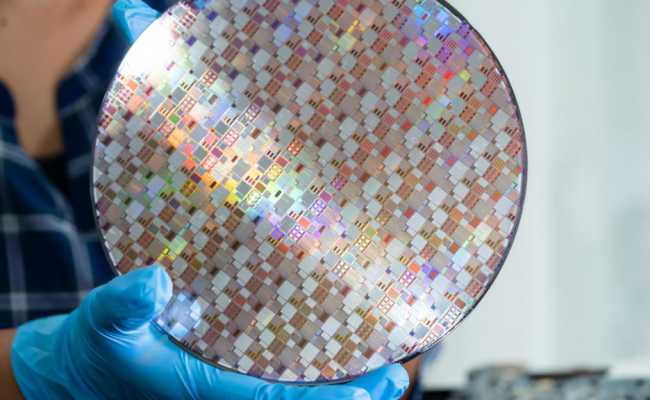In this pandemic era, the topic of personal health is on everyone’s minds. Many are concerned with illness prevention, while others are seeking ways to maintain their wellbeing. Regardless of intentions, we all want to live a healthier lifestyle. Fortunately, the rise of wearable devices with its technological advancement has allowed us to monitor our health like never before.
Using accurate wearable biometric sensor systems, today’s wearable devices can collect and analyze personal data such as heart rate and sleep patterns in real-time. Among tech and sport-enthusiastic consumers, wearable devices are must-haves, with one out of every three people in the US using a wearable device.
Many of the current biometric sensors on the market are already proven to be accurate, flexible, and scalable to multiple form-factors such as smartwatches, earbuds, and armbands. Thanks to the technology innovations by System on Chips (SoCs) new wearables can now measure more than basic biometric data. Features such as continuous glucose monitoring, blood oxygen saturation (SpO2) monitoring, and mood and stress monitoring are becoming more popular and projected to be widely adopted by the mass population.
In general, biometric solutions are quickly becoming commonplace, as they are an appealing option for a variety of different IoT products and applications. This post will look at some ongoing trends in biometrics technology, and how our health can benefit from these developments.
1. Continuous Blood-Oxygen Saturation Monitoring

Many wearables, like smartwatches and fitness trackers, already measure basic health information like heart rate and steps taken. However, advances in sensor technology have enabled wearables to offer more continuous and comprehensive monitoring.
An American circuit designer and manufacturer, Maxim, recently released a new wrist-based system, designed to continuously monitor blood-oxygen saturation (SpO2) levels and heart-rate variability. SpO2 measures oxygen levels in your blood, and it can provide insights into sleep patterns, heart health, and respiratory functions. It can even help detect COVID-19.
As biometric measurements become more integral to our lives, how these measurements can be taken is quickly evolving. For example, Apple’s AirPods is expected to incorporate ambient light sensors (ALS) in their next-generation devices, which will offer a less intrusive way to monitor user health.
2. Improved Mental Health Monitoring
Besides basic biometric data, wearables are starting to collect more sophisticated information like anxiety and stress for our mental health and wellbeing. Some next-gen products even promised to measure its users’ emotional state and their stress level.
One such product is Spire, a wearable device that tracks breathing patterns and physical activity to reduce stress and increase productivity. The device can be clipped on to an item of clothing— a shirt or a belt—and sense respiratory patterns and changes in the user’s state of mind.
Future wearables will be able to provide more insights into both our physical health, and our mental health. These wearables are becoming widespread, as even doctors and mental health professionals worldwide are making use of these technologies.
3. On-The-Go Blood Pressure Monitoring

It’s no secret that high blood pressure is bad for your health. However, monitoring your blood pressure isn’t so easy. Blood pressure cuffs are hard to put on correctly, and they need to be calibrated regularly. The result is often inaccurate measurements.
Thanks to biometric sensor advancements, blood pressure technology has taken a giant leap forward. This year, Ambiq partner and biometric technology company Valencell, unveiled the world’s first calibration-free and cuff-less blood pressure technology.
With this technology integrated into consumer wearables and hearables, you can get an accurate blood pressure reading with a device you already use every day. You could have your blood pressure measured while listening to music, or watching a show, without having anyone around you knowing.
How Ambiq is Helping

Whether it’s a blood pressure monitor or an IoT device, mission-critical edge devices need to be reliable in a healthcare setting. Especially for devices that rely on edge computing, a long-lasting battery life ensures that healthcare providers can spend more time with patients and less time troubleshooting tech problems.
At the heart of millions of edge devices is Ambiq’s ultra-low-power wireless SoCs that support vital technologies required by modern healthcare organizations such as Bluetooth Low Energy. Powered by Ambiq’s products, IoT devices can continue to evolve and help deliver the best patient care possible.
Built on our patented Sub-threshold Power Optimized Technology (SPOT®) platform, Ambiq’s products reduce the total system power consumption on the order of nanoamps for all battery-powered edge devices. Simply put, our solutions can enable ultra-low-power biometric healthcare solutions of the future.

